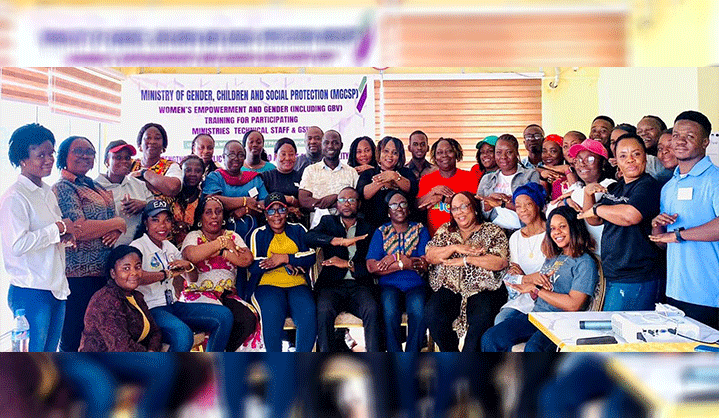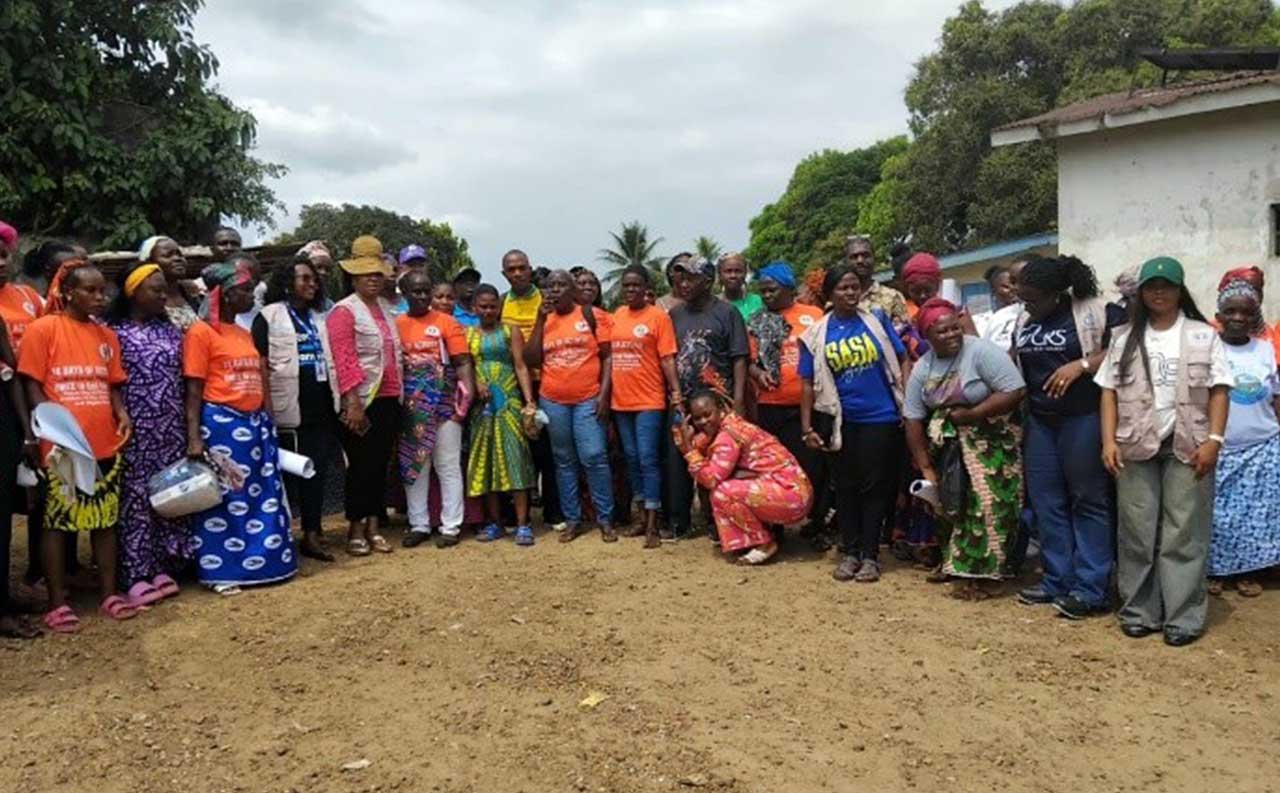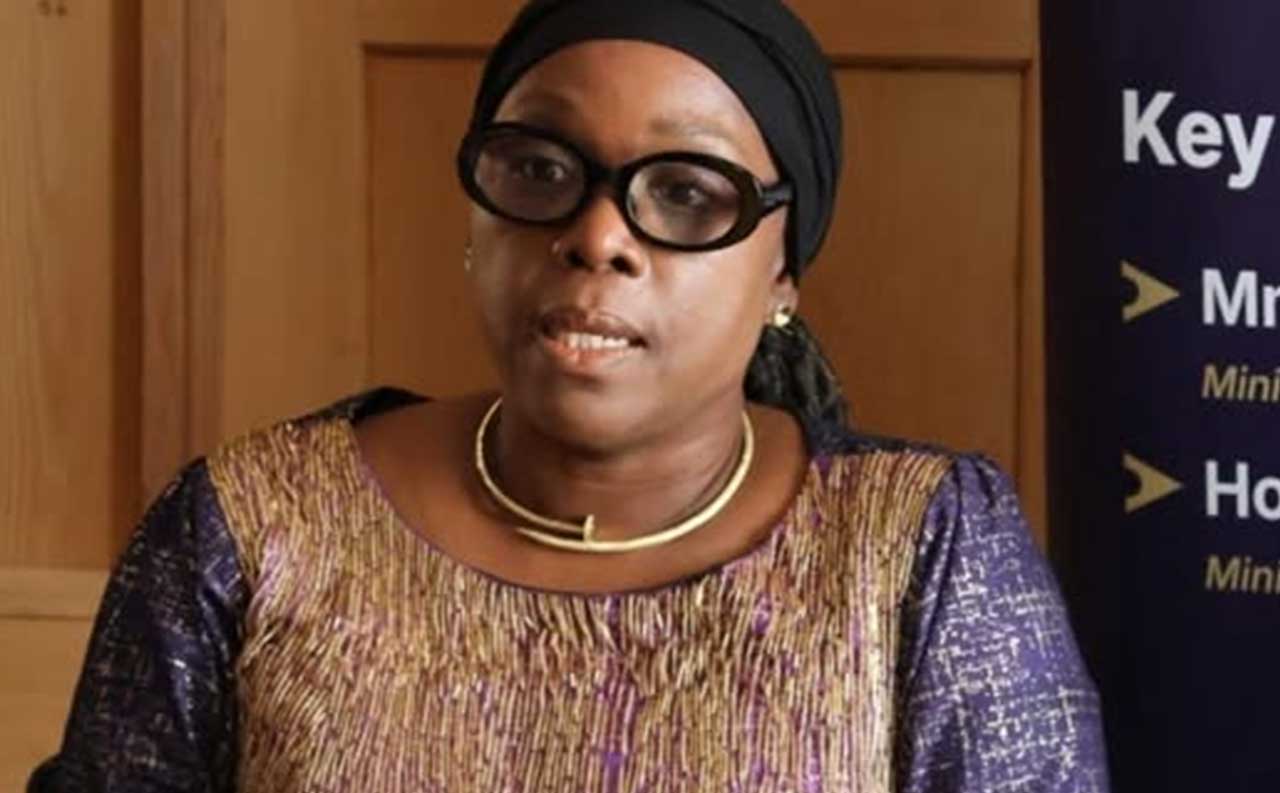The Ministry of Gender, Children, and Social Protection has trained over fifty (50) Directors, Coordinators and Technical Staff of the Gender and Social Inclusion Unit (GSIU) from five (5) implementing government ministries of the Liberia Women Empowerment Project (LWEP) under Component 4 of the project.
The Liberia Women Empowerment Project is a five (5) year US$44.6M women empowerment program implemented by the Ministry of Gender, Children, and Social Protection through a Project Management Unit and funded by the World Bank.
The training, held in Monrovia from August 22-23, 2024, aimed to strengthen public institutions involved in the project’s implementation to advance gender equality and women’s empowerment in Liberia.
The initiative brought together and enhanced the capacities of approximately 50 technical staff from the Ministries of Agriculture (MOA), Education (MOE), Internal Affairs (MIA), Health (MOH) and Finance and Development Planning (MFDP).
It highlighted key areas including gender mainstreaming, monitoring, tracking and evaluating project outputs and outcomes indicators, conducting gender analysis using gender analysis frameworks, and understanding Gender-Based Violence (GBV) prevention and response mechanisms.
Speaking on behalf of the Minister of Gender, the Director for Research and Statistics at the Ministry, Samuel Ekyinabah, said that the achievement of gender equality which the project focuses on is a gradual process.
He recounted that previous tasks specifically assigned to individuals according to their gender and in keeping with the tradition and norms of the society are now being collectively done by both genders irrespective of their affiliation.
“I want to encourage and challenge our participants to take advantage of the knowledge gained through this training and positively impact the society; these are little things that matter a lot,” Mr. Ekyinabah said.
At the climax of the training, the participants lauded the Liberian Government through the Ministry of Gender, for organizing the event as they individually shared their experiences with the media.
The Director for the Gender and Social Inclusion Unit (GSIU) at the Ministry of Agriculture Madam Catera Woods stressed that one major aspect of gender-based violence that is not overlooked by many in the society is attempted rape. “The most dangerous rape is attempted rape because once you make an attempt to rape the person, the person becomes vulnerable to self-harm due to the trauma”.
She also promised to take the knowledge acquired during the training to mentor others at her ministry, adding that the trainer of trainer (TOT) initiative will educate those farmers involved in agriculture activities across the country about the kinds of gender-based violence (GBV).
Also sharing her thoughts was the GSIU Director for the Ministry of Health, Madam Quitina Cooper-Davis. She said the training was timely and will enhance the way the GSIUs at all government institutions work with others and help identify the different forms of violence.
She called for the empowerment of women who, according to her, are mostly vulnerable or exposed to social and economic violence. Madam Davis believes the empowerment of women and girls will make them self-reliant and stable in providing their needs and wants thus reducing their challenge of social and economic violence from their male counterparts.
“If a woman or girl is doing something economically to empower herself, the old people have a way of calling that lady by attaching the name of her business or work at the end of her name, such as ‘Mary the bread seller’ or ‘Ma Korpo the mechanic’,” she said.
The GSIU Director at the Ministry of Education, Madam Lorpu G. Mannah, promised to champion the training of others with the knowledge acquired, and take the message across all government high schools with the purpose of minimizing gender-based violence in those learning institutions.
She also called on the Liberian Government with support from its international partners, to decentralize the training in the remaining 14 political subdivisions of the country. “Taking this kind of training to the other counties will educate others who may not be aware of the existence of gender based-violence in schools”.
Madam Mannah further recommended to the Ministry of Gender, Children, and Social Protection to engage its international partners, including the United Nations Development Program (UNDP) to bring into effect, the Sexual Exploitation Abuse Police for the protection of all genders – males and females.



